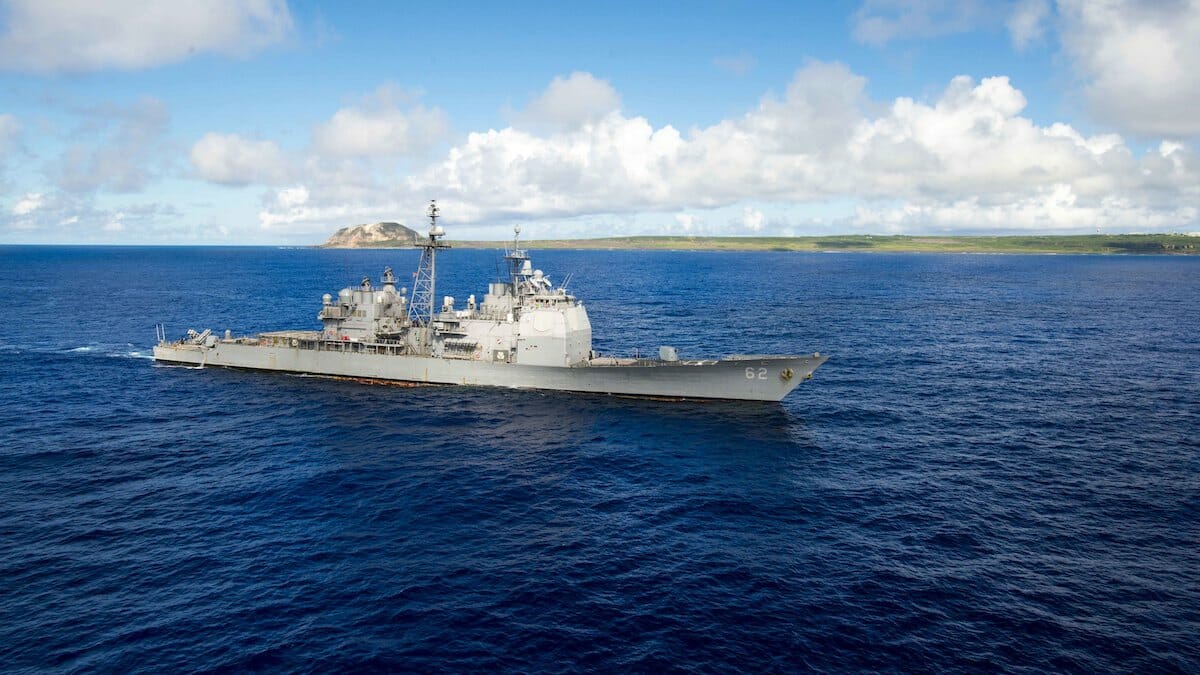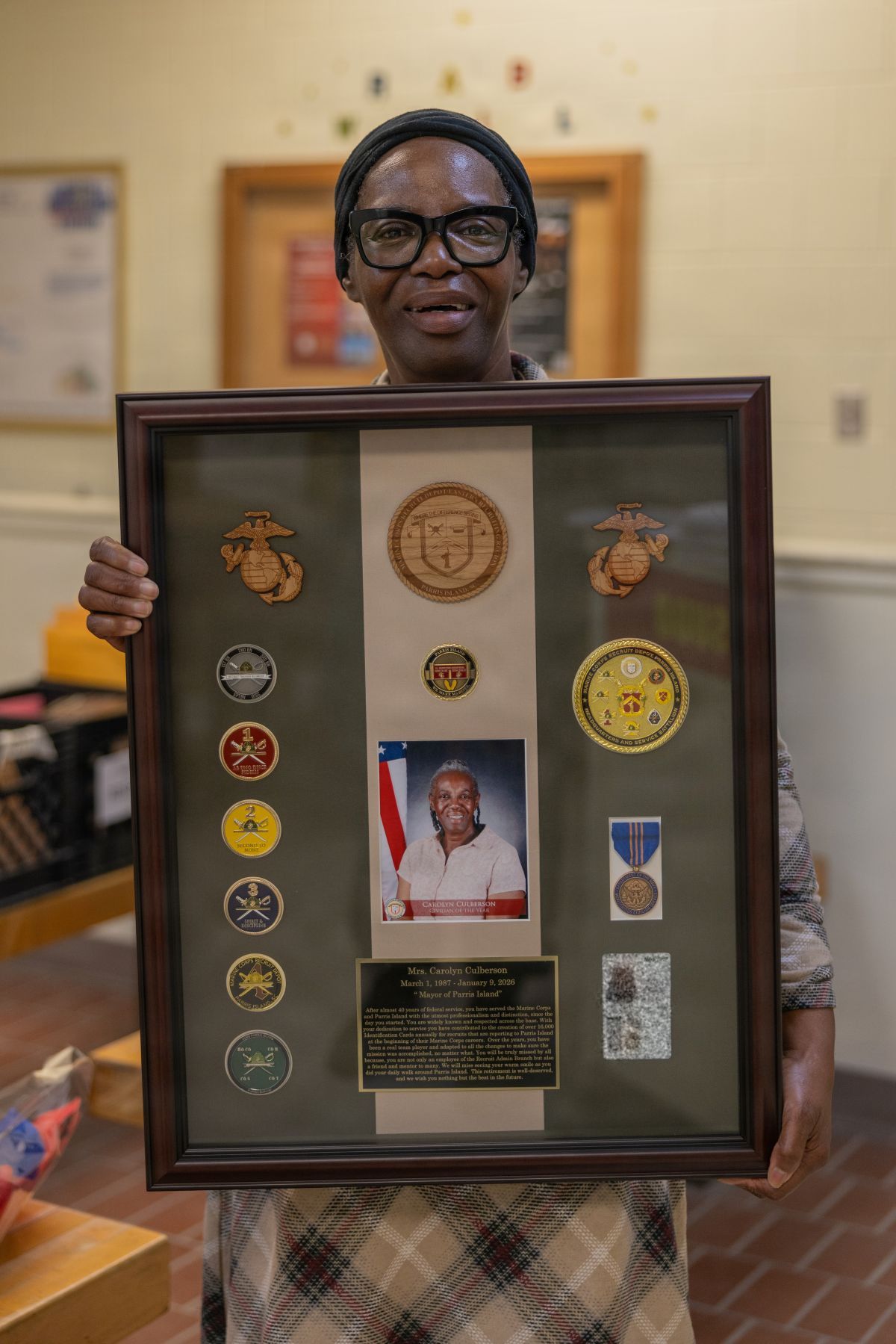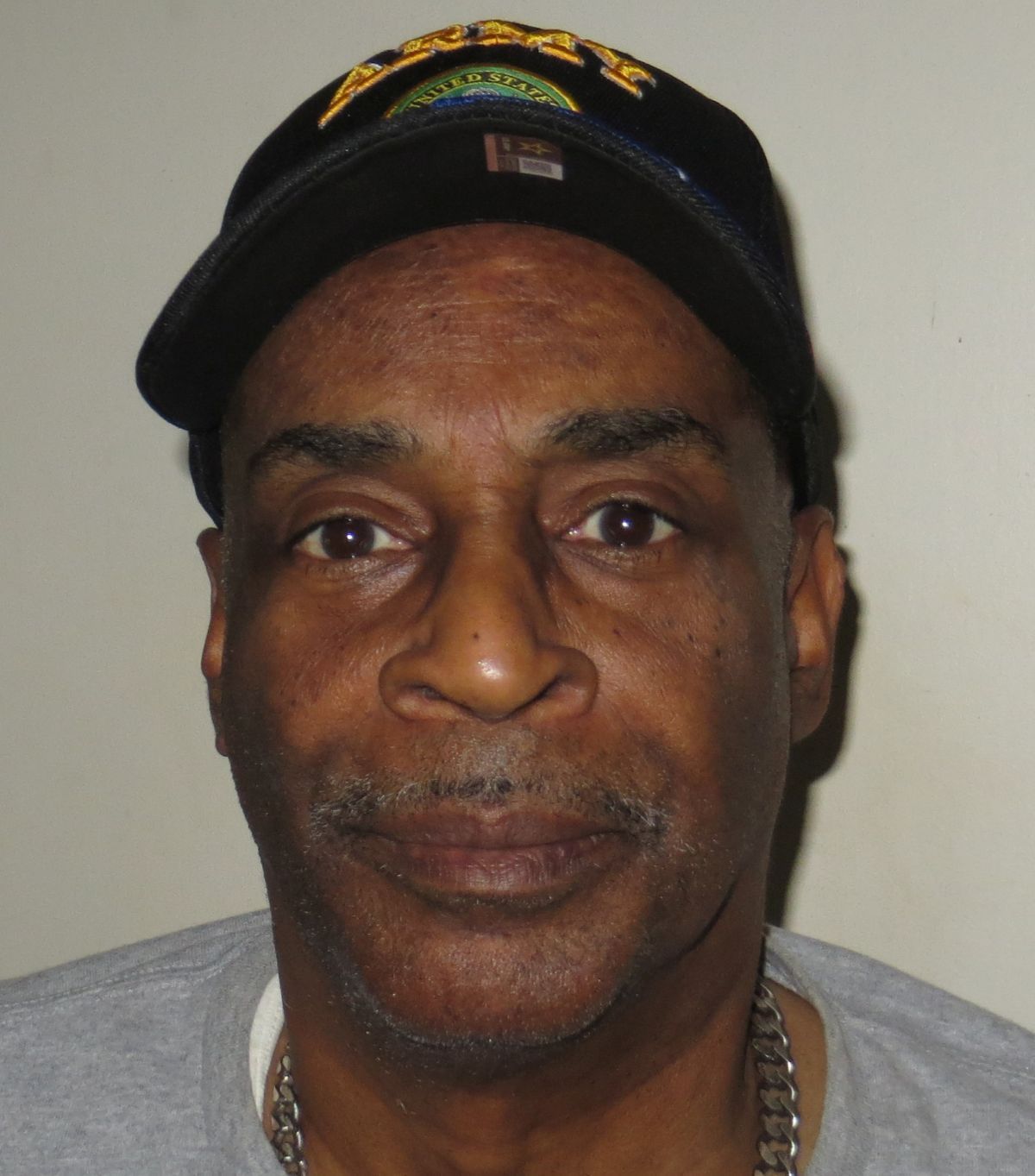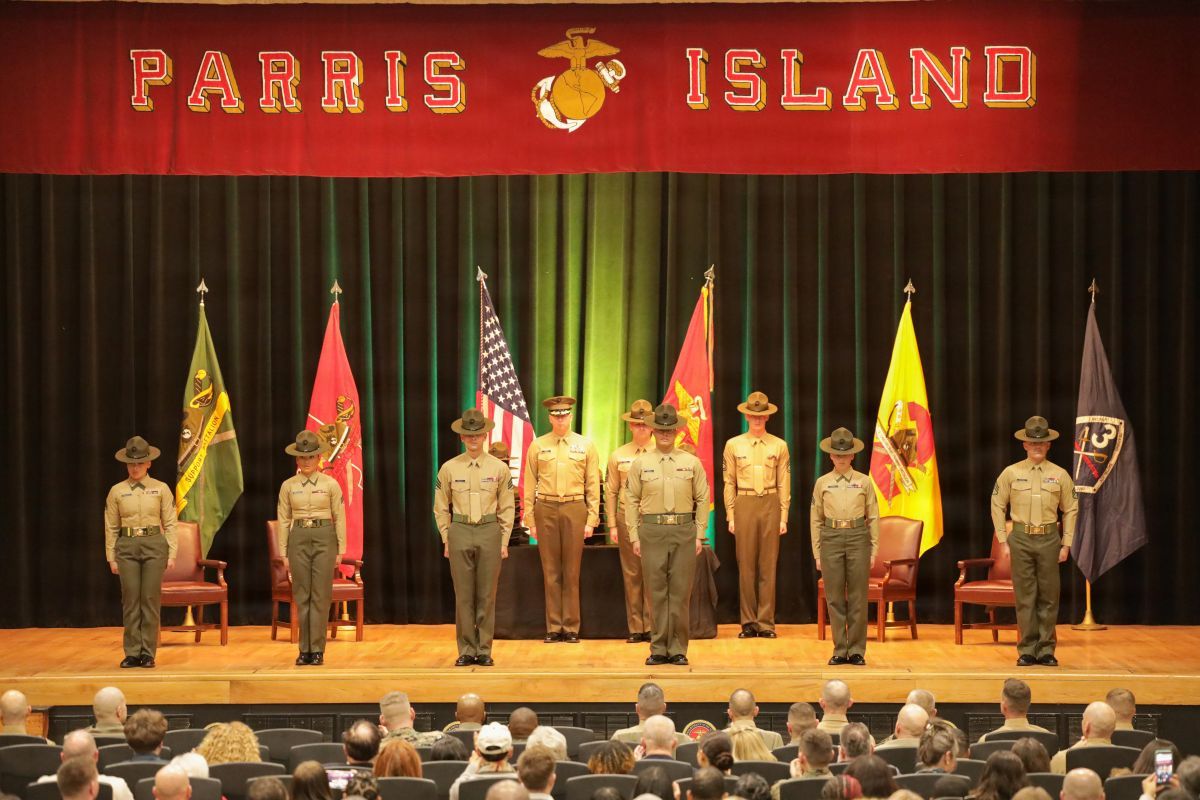From staff reports
Stealing the Confederate ship Planter and delivering her to the U.S. Navy in 1862 made Beaufort’s Robert Smalls a hero.
Should the United States tangle with its modern-day foes in the Pacific, it’s possible Smalls’ name may again earn at least a mention.
On Monday, Feb. 27, Secretary of the Navy (SECNAV) Carlos Del Toro announced that the Ticonderoga-class guided missile cruiser formerly named USS Chancellorsville (CG 62) will be renamed USS Robert Smalls (CG 62).
The gesture didn’t come from out of the deep blue ocean.
The decision arrived after a congressionally mandated Naming Commission outlined several military assets across all branches of service that required renaming due to confederate ties. In September 2022, Secretary of Defense Lloyd Austin accepted all recommendations from the naming commission and gave each service until the end of 2023 to rename their assets.
“I am proud to rename CG 62 after Robert Smalls. He was an extraordinary American and I had the pleasure of learning more about him last year when I visited his home in South Carolina,” Del Toro said Monday in a U.S. Navy release. “The renaming of these assets is not about rewriting history, but to remove the focus on the parts of our history that don’t align with the tenets of this country, and instead allows us to highlight the events and people in history who may have been overlooked. Robert Smalls is a man who deserves a namesake ship and with this renaming, his story will continue to be retold and highlighted.”
The logistical aspects associated with renaming the ship have begun and will continue until completion with minimal impact on operations and the crew. CG-62 was commissioned in 1989 and named USS Chancellorsville (CG 62) to honor the Battle of Chancellorsville, a Confederate victory during the Civil War. CG-62 is currently assigned to Carrier Strike Group Five and is forward-deployed to Yokosuka, Japan.

Robert Smalls (1839-1915) was born into slavery in South Carolina. He became a skilled sailor and was an expert navigator of southern coasts.
He was conscripted in 1862 to serve as pilot of the Confederate steamer Planter at Charleston. On May 13, 1862, he executed a daring escape out of the heavily fortified Charleston harbor with his family, other enslaved people, and valuable military cargo onboard, and successfully surrendered Planter to the U.S. Navy.
Smalls continued as pilot of the ship, but also piloted ironclad Keokuk and other vessels. He ultimately became captain of Planter.
An ardent advocate for African Americans, Smalls led one of the first boycotts of segregated public transportation in 1864. This movement led to the city of Philadelphia integrating streetcars in 1867.
After the Civil War, Smalls was appointed a brigadier general of the South Carolina militia, and from 1868 to 1874 he served in the South Carolina legislature.
In 1874, he was elected to the U.S. House of Representatives and served for five terms, advocating for greater integration. After his time in Congress, Smalls was twice appointed collector of the Port of Beaufort, S.C. He died at Beaufort in 1915.







